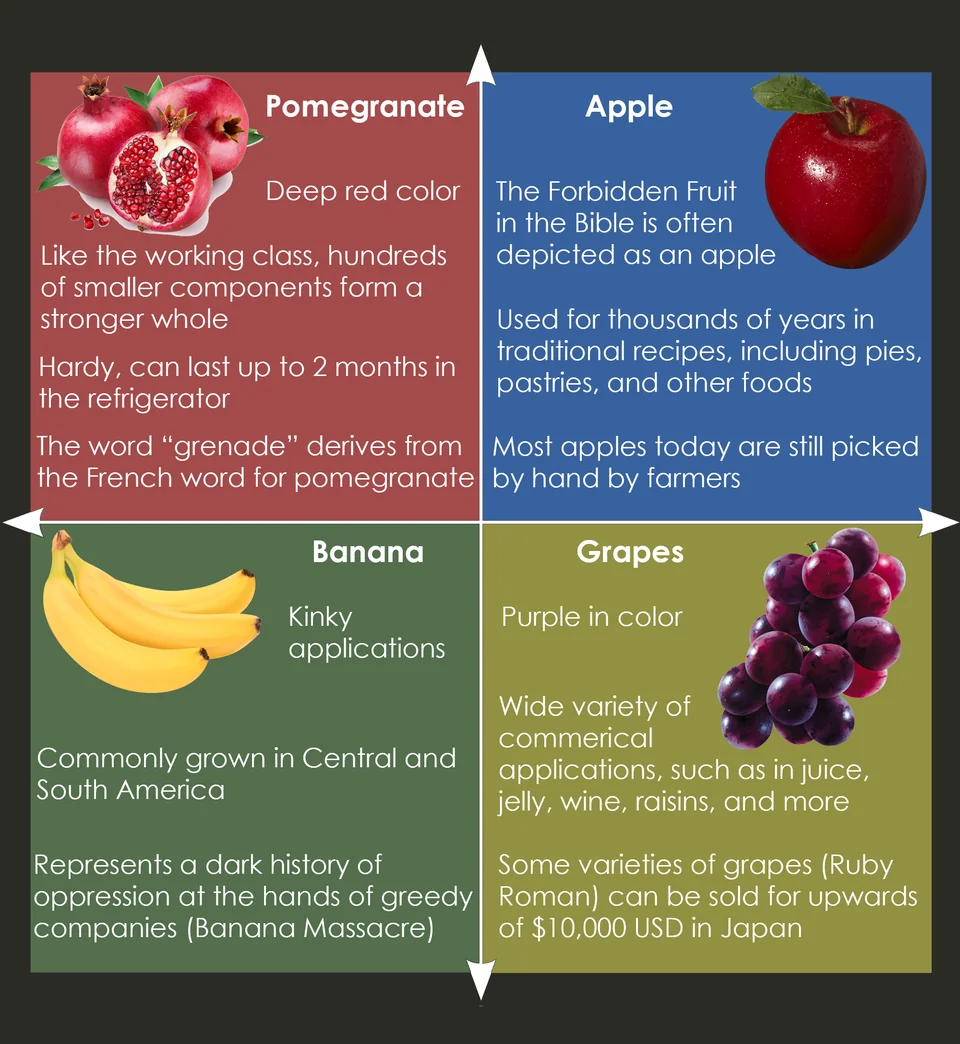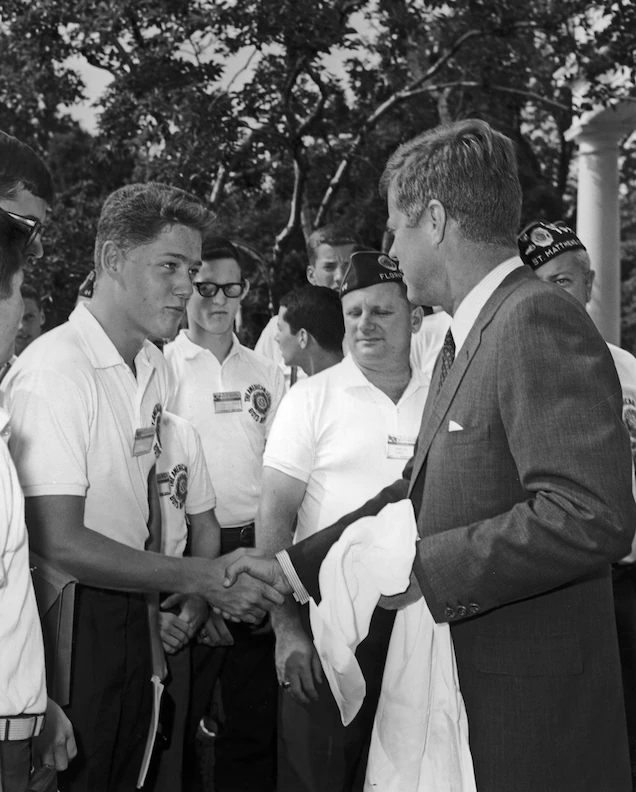The Whig Party of the US is one that often goes unnamed, due to its short lifespan and lack of prominence today, when compared to the Democratic and Republican parties. To imagine a president being elected today who doesn't have an (R) or (D) next to their name would seem absurd, but back in the 1800s, America would see 4 presidents assume office belonging to the Whigs. These would be:
9th President: William Henry Harrison
10th President: John Tyler
12th President: Zachary Taylor
13th President: Millard Fillmore
The Whig Party was founded and led initially by Henry Clay, who ran for president three times, but never won. The name "Whig" originates from the Whig Party in Great Britain, which was anti-monarchistic. The Whig Party of America perceived Andrew Jackson to be a king, which is to say, they believed he was a leader who employed too much executive power, unbefitting a president of the US.
The Whig Party notably stood against the idea of Manifest Destiny, opposing the Democratic Party's calls to expand westward and instead promoting the development of the land the US already possessed.
While managing to win two elections, through cruel twists of fate, the Whigs suffered setbacks that they would never truly recover from. William Henry Harrison died two weeks into office, from what is now believed to be contaminated drinking water. It is a popular theory that he died from pneumonia after not wearing a coat during his inaugural address, but it is widely disputed.
John Tyler, who was selected as WHH's Vice President, assumed office, but since the precedence of a VP assuming office hadn't yet been established, there were calls for Tyler to continue remaining a VP, or merely an acting president with limited authority. Henry Clay wanted to control the presidency from behind the scenes, back when WHH was alive, and intended to do the same with Tyler. Such internal struggles for power would lead to a very disorganized cabinet and presidency. Tyler was even unaffiliated from the Whig party during the latter half of his tenure.
The next time the Whigs assumed power, it was Zachary Taylor who assumed the presidency. However, one year later, Taylor would die from food poisoning while at a party. Millard Fillmore assumed office, but during his time, he signed off on controversial bills such as the Fugitive Slave Act, which forced the North to return any runaway slaves to the South if caught.
Internal struggle among the Whigs regarding slavery would quickly lead to disarray and the dissolution of the party as a whole. Being unable to agree on a stance regarding slavery meant having no consistent platform to present to the public with one of its most prominent issues.
Former Presidents such as Abraham Lincoln, Rutherford B. Hayes, Chester A. Arthur, and Benjamin Harrison were once members of the Whig Party, but moved onto the Republican Party after this. So while the Whig Party may have come to a close in name, it's spirit continued to live on and set the stage for the America we know today.





By old ways, do you mean in-person interviews and work?
Because I won't lie, I do find it easier to collaborate, focus, and communicate with my coworkers in-person, as opposed to the days I work remotely (I do a combination of in-person and work-from-home). And while I think it's unfair to be denied a job for not being sociable enough (I'm very much in the same boat), the overall idea of wanting employees who communicate with and get along with their coworkers better isn't inherently wrong.